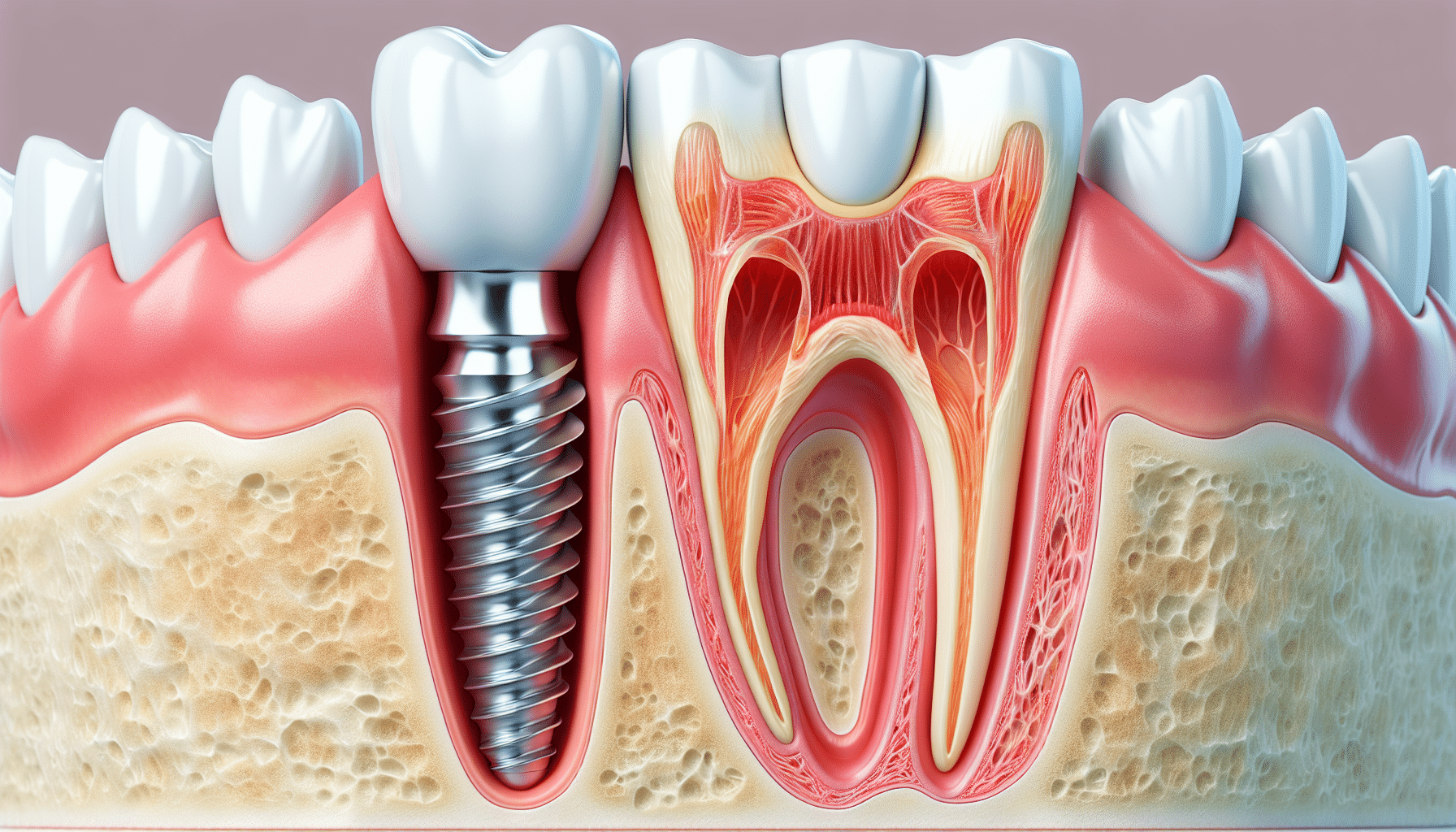Some Known Questions About Dental Sense.
Some Known Questions About Dental Sense.
Blog Article
3 Simple Techniques For Dental Sense
Table of ContentsDental Sense Fundamentals ExplainedLittle Known Facts About Dental Sense.Some Known Incorrect Statements About Dental Sense Dental Sense Fundamentals Explained
are medical tools surgically dental implanted into the jaw to bring back an individual's capability to eat or their look. They supply assistance for artificial (fake) teeth, such as crowns, bridges, or dentures. When a tooth is shed due to injury or illness, an individual can experience difficulties such as fast bone loss, faulty speech, or adjustments to eating patterns that cause pain.Dental implant systems include a dental implant body and oral implant joint and may additionally include an abutment fixation screw. Kids dental. The dental implant body is surgically put in the jawbone in place of the tooth's root. The oral implant joint is usually connected to the implant body by the joint addiction screw and extends with gums into the mouth to sustain the connected man-made teeth
(https://www.openlearning.com/u/matthewmusic-spvoez/about/)Framework of The Oral Implant System picking oral implants, speak to your oral company about the potential benefits and risks, and whether you are a prospect for the procedure. Things to take into consideration: Your overall health and wellness is a crucial factor in figuring out whether you are a great prospect for dental implants, how much time it will certainly require to recover, and just how long the dental implant might remain in area.
Smoking may impact the healing process and decrease the long-lasting success of the implant. The recovery process for the implant body may take numerous months or longer, throughout which time you usually have a short-lived joint instead of the tooth. the oral implant procedure: Thoroughly comply with the oral health instructions offered to you by your dental service provider.
9 Easy Facts About Dental Sense Shown
Implant failure can result in the need for one more operation to repair or replace the implant system. Recovers the capability to chew Restores cosmetic look Aids maintain the jawbone from reducing because of bone loss Preserves the health of the surrounding bone and gums Aids maintain nearby (close-by) teeth secure Boosts lifestyle Damages to surrounding natural teeth during implant placement Injury to the surrounding tissues during surgical treatment, such as sinus opening Injury during surgical treatment (as an example, crack of bordering jawbone) Inadequate function, such as really feeling like the teeth do not bite together usually A sensation that the tooth hangs or twisting in location resulting from a joint screw loosening Implant body failing (looseness of the implant body) because of systemic infection, which might be most likely in clients with unchecked diabetes mellitus due to local infection in bone and periodontals sustaining the dental implant body because of postponed healing, which may be more probable in clients that smoke Problem cleaning up the gums around the implant, resulting in bad oral health Unattended periodontal disease Post-surgical feeling numb as a result of nerve impingement or damage Constantly alert health care companies and imaging service technicians that you have dental implants prior to any type of magnetic resonance imaging (MRI) or x-ray procedures.
FDA is not familiar with any kind of unfavorable occasions reported for MRI or x-ray treatments with oral implants. Dental implants systems are usually constructed from materials that adhere to global consensus standards of the International Company for Standardization (ISO) or ASTM International. These standards have information of what makes a risk-free material.

A dental implant is a structure that replaces a missing out on tooth. With screw-like devices, the surgeon inserts a dental implant into the jawbone, and it acts as a support for a man-made tooth, called moved here a crown.
The Facts About Dental Sense Uncovered
Some individuals are not qualified for oral implant surgical treatment. It is for oral doctors to operate individuals with: intense illnessuncontrollable metabolic diseasebone or soft cells condition or infectionIf these issues are fixed, an individual can have the surgical treatment. In, dental specialists avoid operating individuals with: If people with any of the above go through dental implant surgery, there is a higher risk of the implant stopping working.

Oral implant surgical procedure is a customized procedure. It's not the same for everybody. The adhering to gives a general introduction of what you can expect your dental practitioner, oral specialist, periodontist or prosthodontist to do: Place the dental implant surgically. Provide you time to recover. Connect the article and last crown, bridge or denture.
Next, your specialist will very carefully place the dental implant into your jaw. Your doctor will certainly rearrange your periodontals and close the cut with stitches. If your implant is near the front of your mouth, your dental practitioner will certainly make a short-lived tooth for you to put on till you recover. This way, you won't have a gap in your smile while you recoup.
Dental Sense Can Be Fun For Everyone
Your provider can inform you what to expect in your scenario. Throughout the healing phase, your jawbone must fuse to the oral implant. This process, called osseointegration, is important for stability and lasting success. This process can take anywhere from 3 to nine months. Sometimes, it may take longer.
Once your implant heals, your dental professional can affix the abutment (little adapter post) and your final reconstruction (crown, bridge or denture). This typically takes concerning one hour to complete and may call for a second minor surgical procedure. You shouldn't feel any kind of discomfort during your dental implant treatment due to the fact that your supplier will certainly utilize medication to numb your periodontals.
Report this page